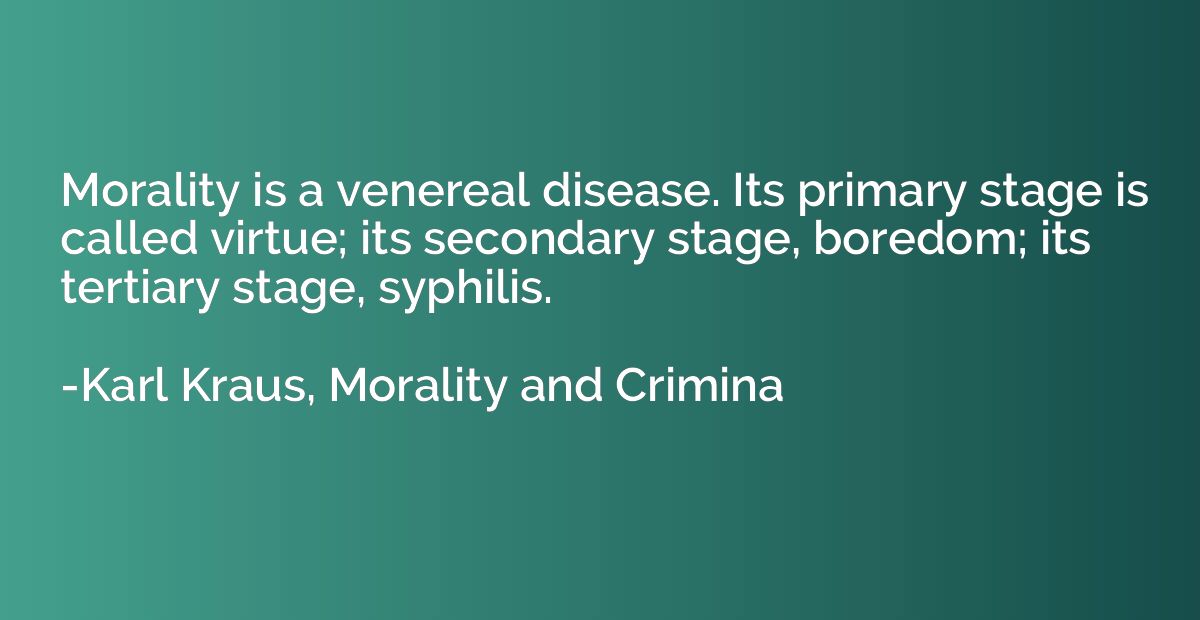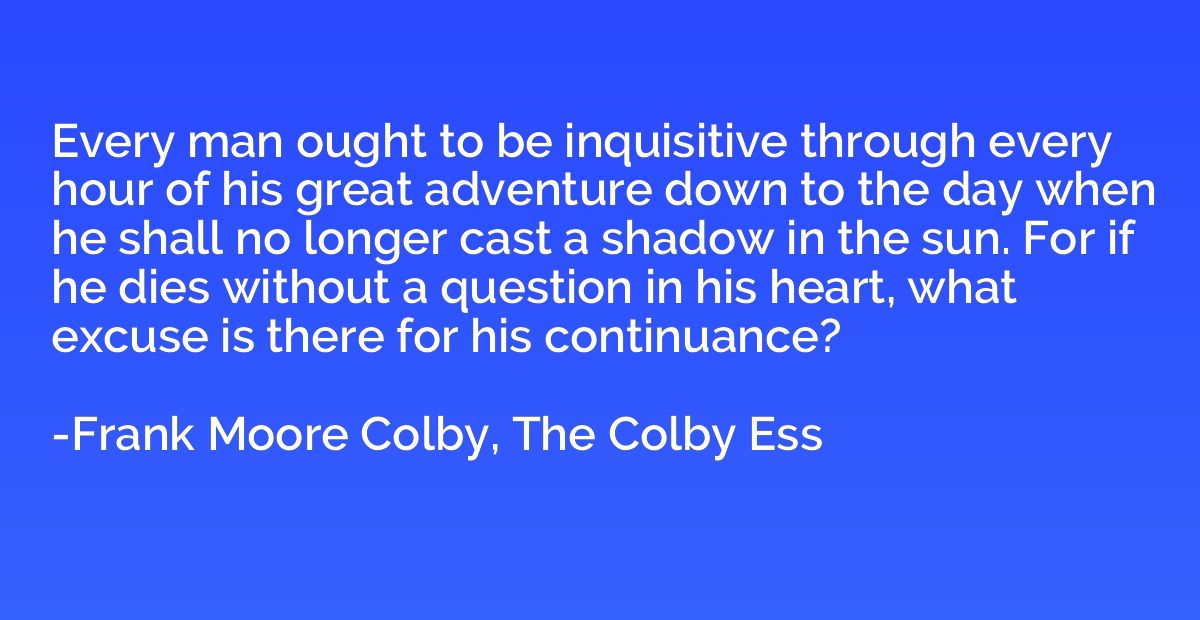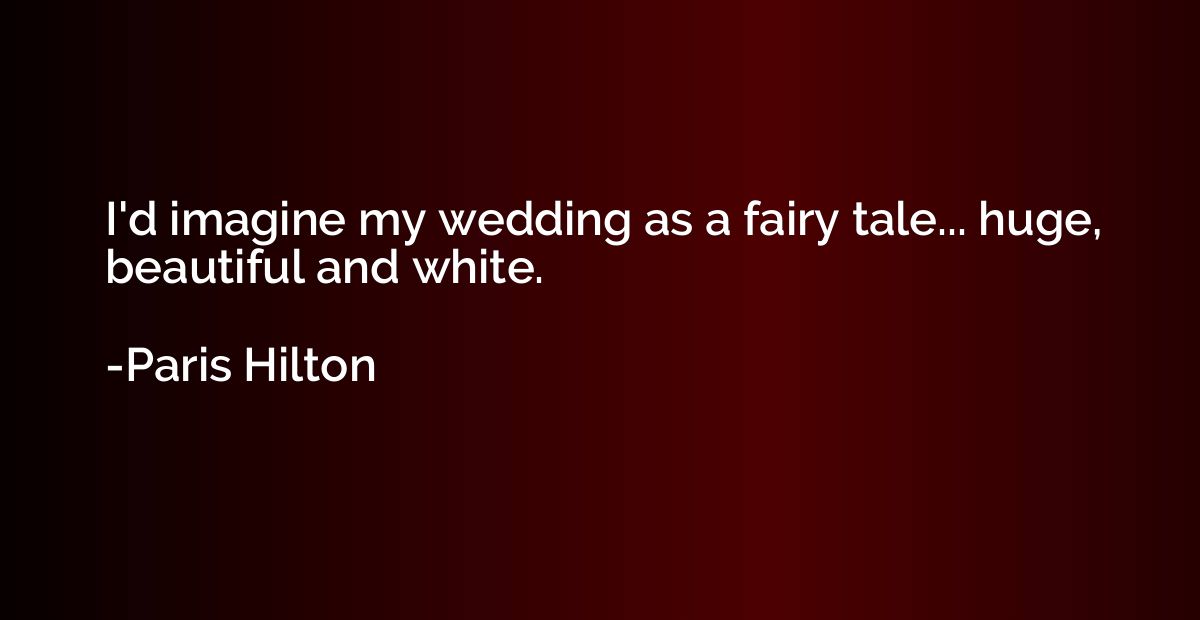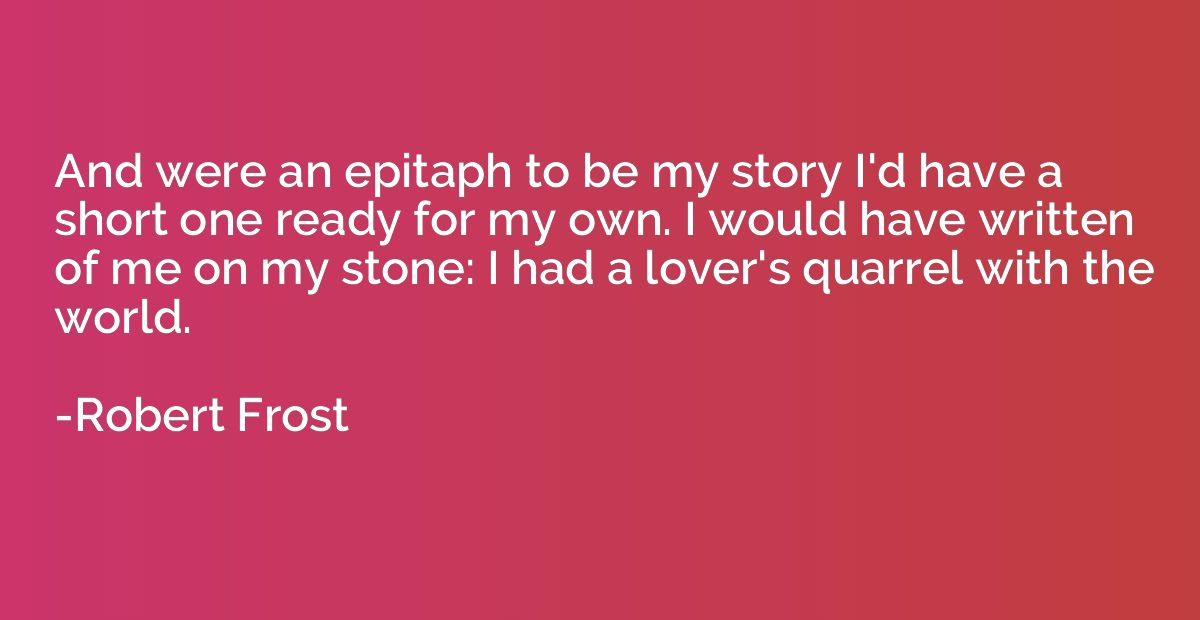Quote by Samuel Johnson
I am always sorry when any language is lost, because languages are the pedigrees of nations.
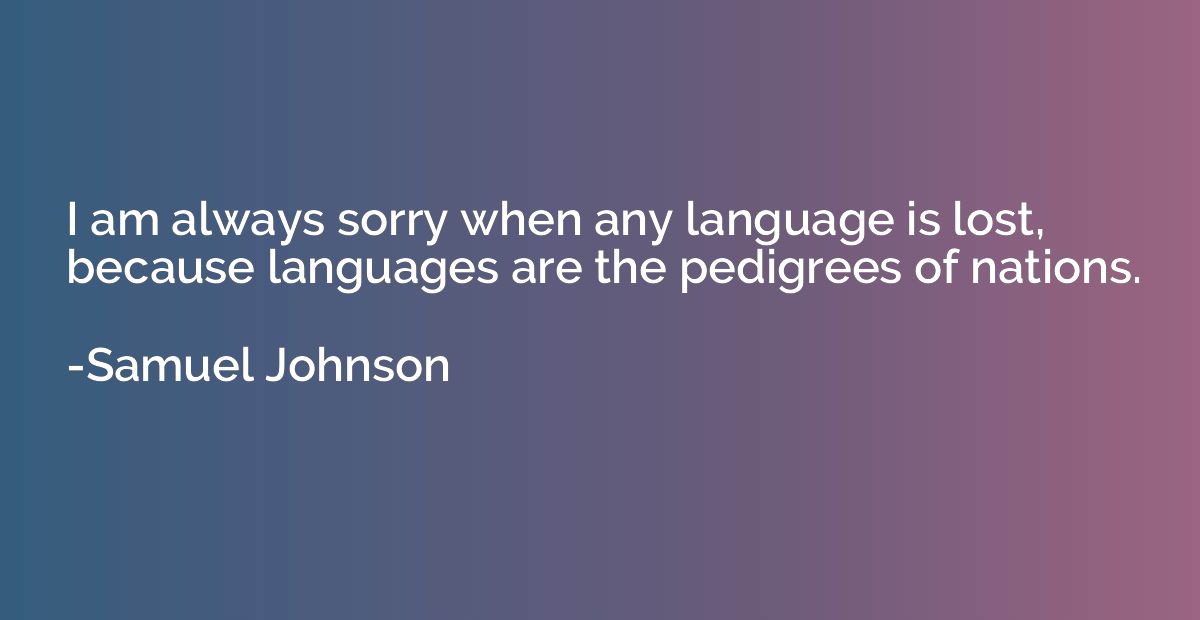
Summary
This quote emphasizes the importance of preserving languages as they serve as the cultural heritage and identity of nations. It suggests that when a language is lost, a part of a nation's history and unique characteristics also disappear. The phrase "pedigrees of nations" implies that just as pedigrees trace the lineage and origins of individuals, languages connect us to our collective past and define our distinct national identities. The quote expresses regret and an understanding of the intrinsic value language carries as a reflection of a nation's ancestry and tradition.




